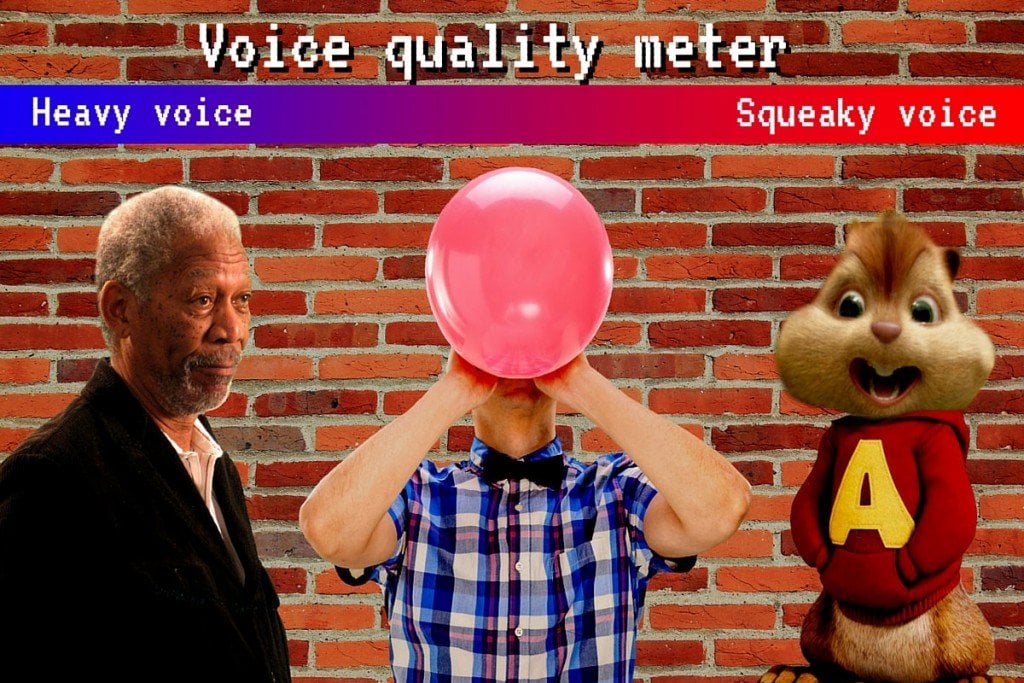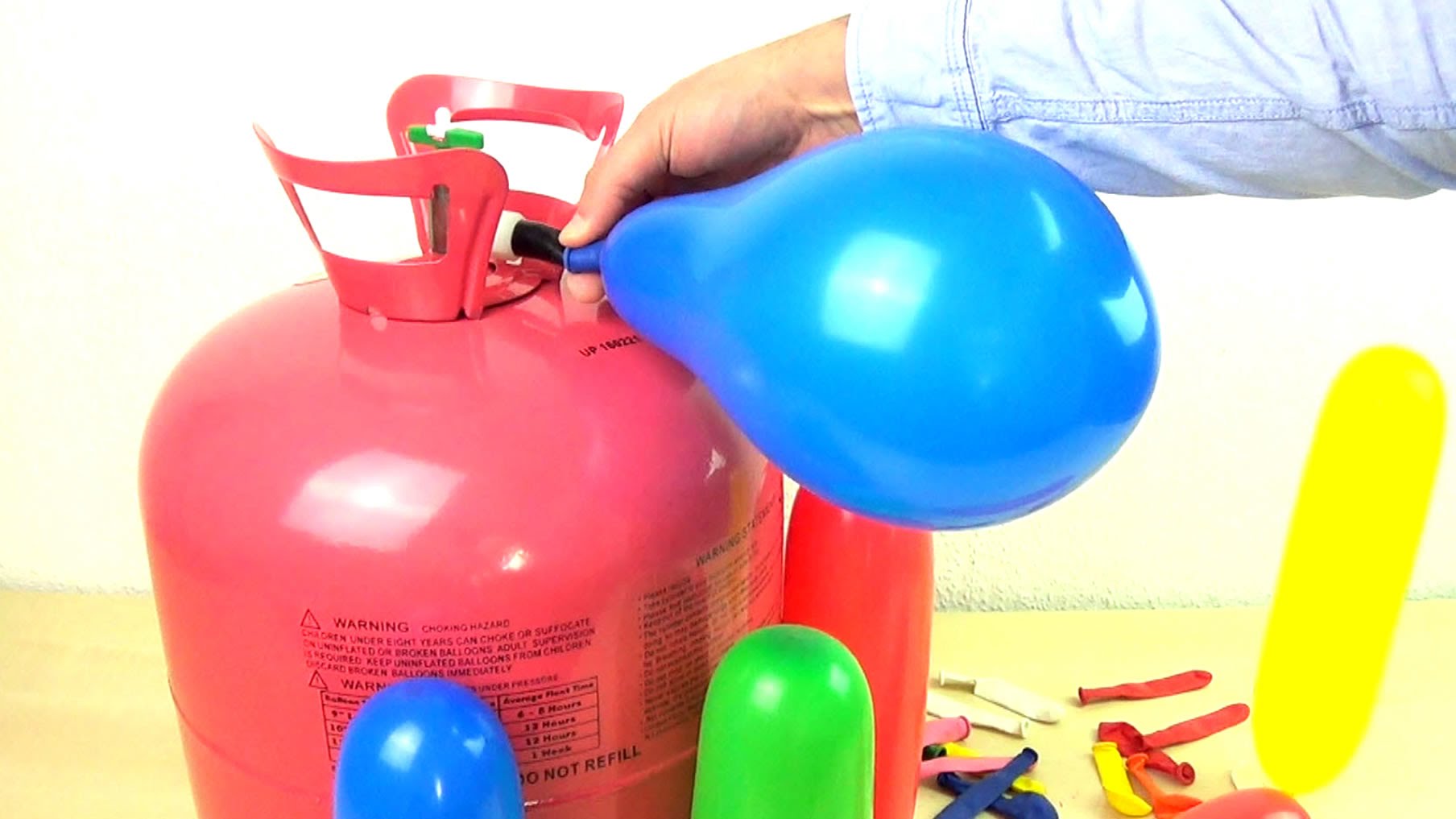
Have you ever heard of the gas that makes your voice higher? It's a well-known fact that inhaling helium gas can make your voice sound like a chipmunk. But why does this happen? And is helium the only gas that can make your voice higher? Let's find out.
What is Helium Gas?

Helium is a chemical element with the symbol He and atomic number 2. It is a colorless, odorless, tasteless, non-toxic, and inert gas that heads the noble gas group in the periodic table. Its boiling and melting points are the lowest among all the elements, and it exists only as a gas except in extreme conditions.
Why Does Helium Make Your Voice Higher?

When you inhale helium gas, your vocal cords vibrate faster than usual. This is because helium is a lighter gas than the air we normally breathe, so it passes through our vocal cords more quickly. The faster vibration of the vocal cords produces a higher-pitched sound, making your voice sound higher than usual.
Is Helium Dangerous to Inhale?

Inhaling helium gas can be dangerous if done excessively or for prolonged periods. Helium is an asphyxiant, meaning it can displace oxygen in the lungs and cause suffocation. Inhaling helium from a pressurized tank or directly from a balloon can also be hazardous, as the gas can cause the lungs to overinflate, leading to lung damage or even death.
Are There Other Gases That Can Make Your Voice Higher?

Yes, there are other gases that can make your voice higher. Sulfur hexafluoride (SF6), for example, is a gas that is denser than air, and when inhaled, it has the opposite effect of helium. SF6 slows down the vibration of the vocal cords, producing a deeper, lower-pitched voice.
Is Inhaling SF6 Dangerous?

Inhaling SF6 can be dangerous if done excessively or for prolonged periods. Like helium, SF6 is an asphyxiant and can displace oxygen in the lungs. It is also a potent greenhouse gas that contributes to climate change, so inhaling SF6 for recreational purposes is not only dangerous but also environmentally harmful.
Conclusion
Inhaling helium gas can make your voice higher due to its lighter density, which causes faster vibration of the vocal cords. However, inhaling helium can be dangerous and should be avoided. Other gases like SF6 can have the opposite effect and produce a deeper, lower-pitched voice, but inhaling these gases is also hazardous and environmentally harmful. So, if you want to experiment with your voice, it's best to stick to harmless methods like singing or using voice-changing apps.